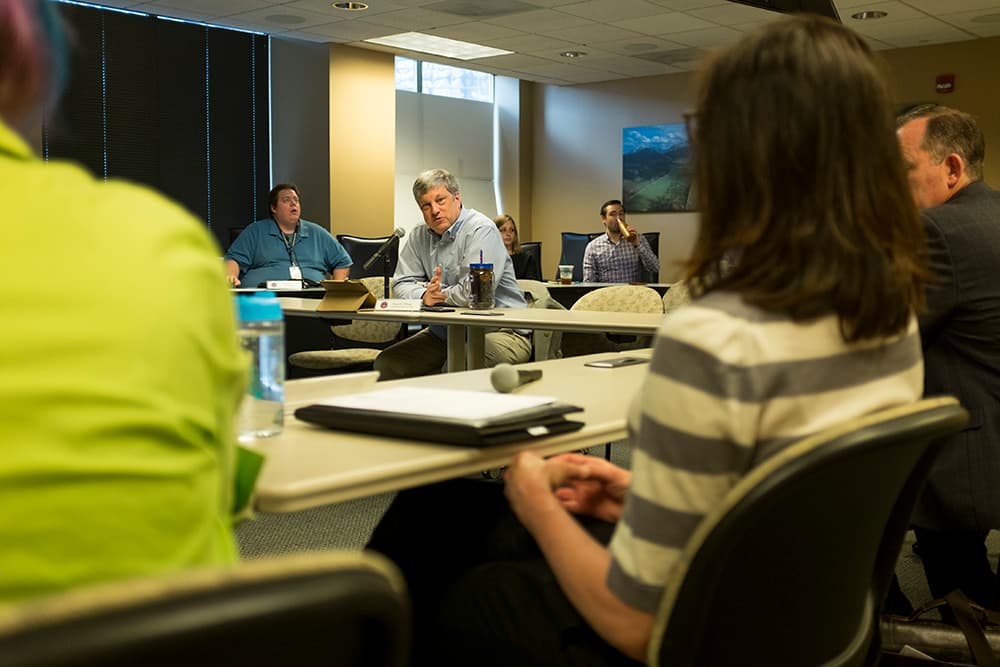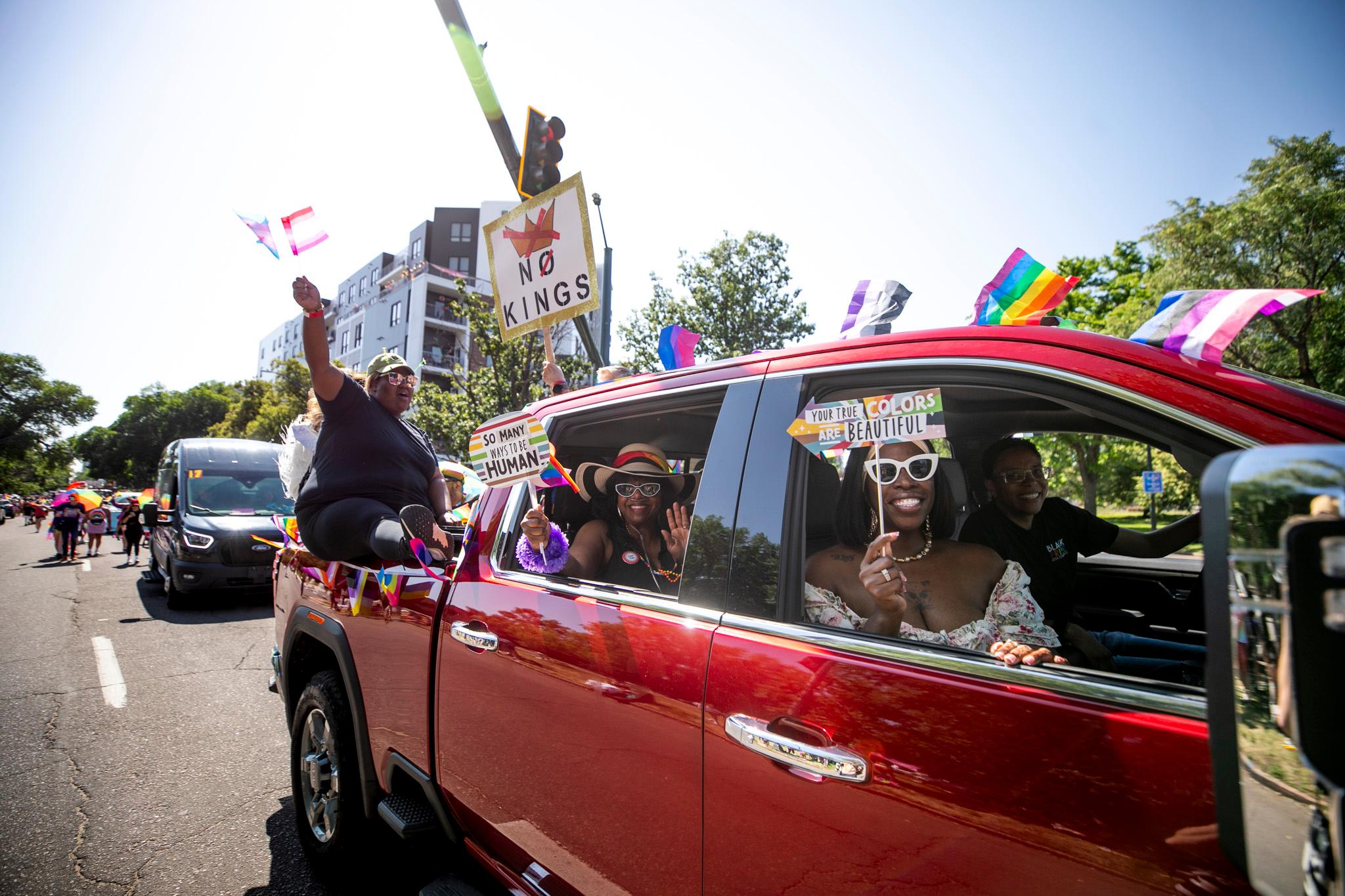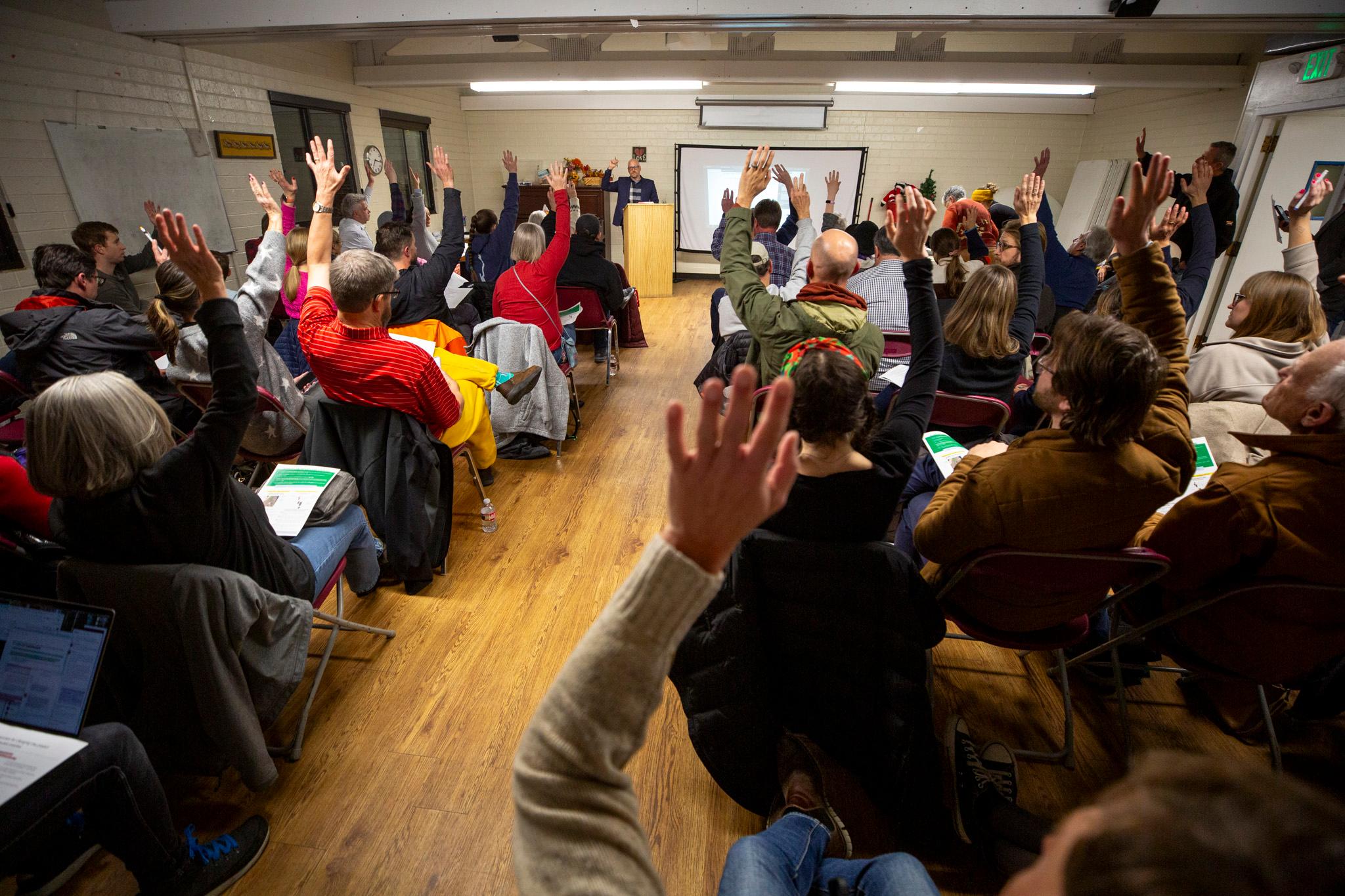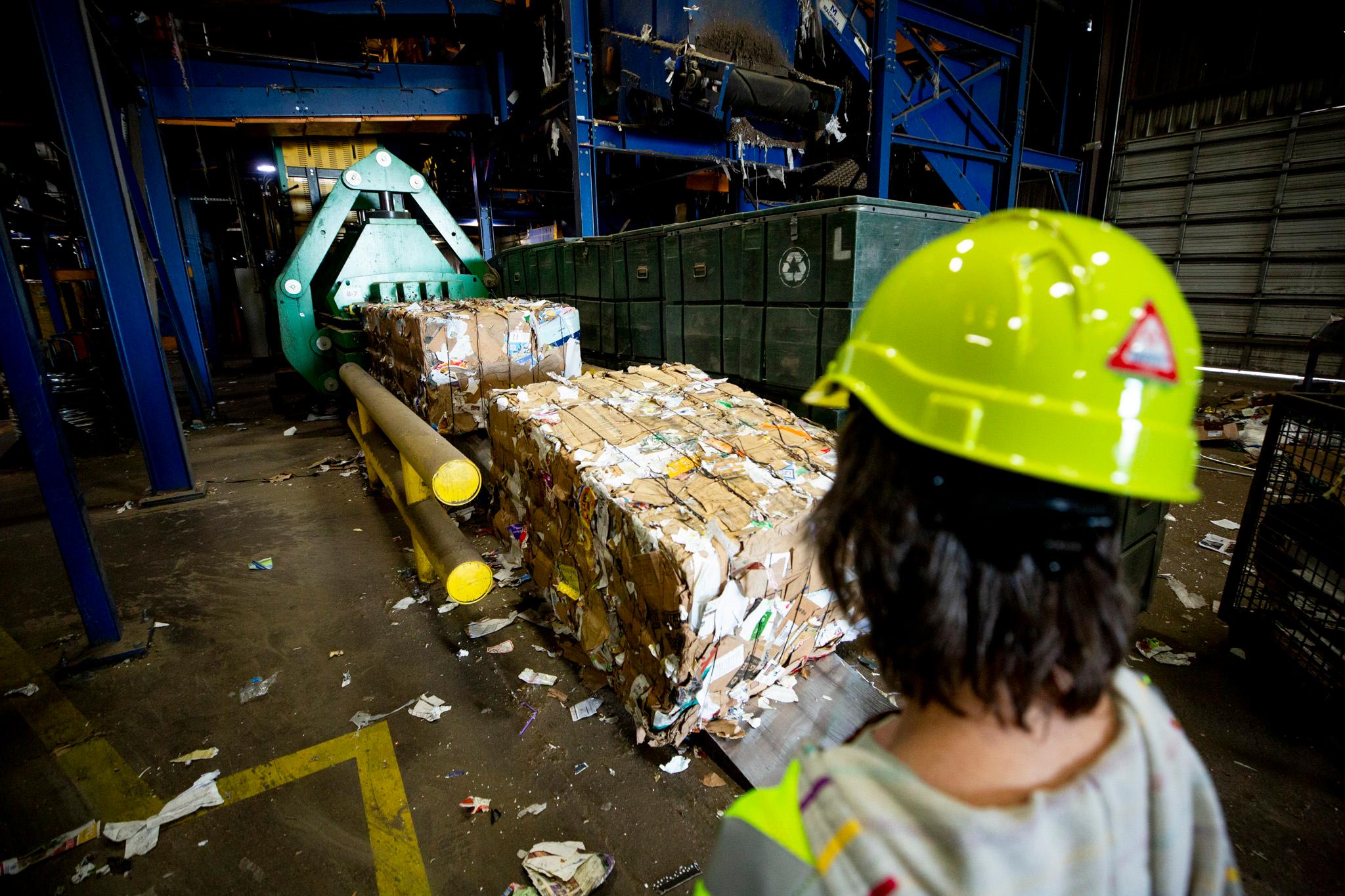
Colorado’s Secretary of State’s office can boast a small victory during this year’s election cycle so far: Petitioning candidates were only involved in five lawsuits.
With 46 total petitioning candidates, the five who sued amounts to only 10.8 percent of candidates. It’s a decreased from the 15 percent of candidates who filed suits in 2016 (3 out of 20 petitioning candidates). Petitioning is one of two ways, along with getting delegate support at a party assembly, that candidates can get a place on the ballot.
The figures were discussed Wednesday by Secretary of State Wayne W. Williams and his staff during the Bipartisan Election Advisory Committee. Williams provided an overview of this year's election so far, including a review of the petitions process and lawsuits filed against the office.
Though initially joking that this year’s election process was a “traumatic experience,” elections division staffer Ben Schler also playfully pointed out that the difference between the number of lawsuits this year marked a successful year for the office.
"These are the stats that make us feel better," Schler said.
The two most high-profile suits were filed by U.S. Rep. Doug Lamborn and gubernatorial hopeful Doug Robinson, who were both successful in having their names placed on the Republican primary ballot. Their struggles led to some scrutiny over the petitioning process, with Robinson saying it's time to make some changes to the process.
Robinson filed a lawsuit after Williams’ office declared he didn’t have a sufficient number of eligible signatures. That was quickly resolved after Robinson initially missed out by 22 signatures.
Lamborn’s case was a different animal (and involved a few lawsuits). The sitting congressman took his case to federal court after a group sued to remove his name from the primary ballot due to his campaign’s use of circulators who weren’t Colorado residents (which is required) and after Williams had already said Lamborn was good to go.
While the Colorado Supreme Court would later rule that Lamborn couldn't qualify onto the ballot, Lamborn successfully challenged the decision and got a place on the ballot after a federal judge ruled his dismissal unconstitutional.
The three other candidates who sued the secretary’s office were Republican state treasurer candidates Brian Watson and Polly Lawrence, who both ended up on the ballot, and Democratic attorney general candidate Brad Levin.
Levin’s petitions were deemed insufficient; he was the only candidate who failed to gain a place on the ballot after suing. Williams said Levin's lawsuit was the last one to be resolved.
Lawrence’s petitions were declared sufficient, but Schler said individuals protested her inclusion. She ended up suing and claiming she was entitled to more signatures. Williams said he felt Lawrence’s challenge was preemptive over a possible lawsuit against her.
Williams said he would like to clarify to candidates that this isn’t a necessary step.
“Just clarifying that you don’t have to do that, because otherwise you got every single candidate feeling like they need to challenge every single thing,” Williams said.
“I really don’t want that to be our standard,” Williams said over legal challenges.
The Lamborn decision carried other implications and required Williams’ office to request a modification that the court granted.
When making their decision on Lamborn, the AP reported the Colorado Supreme Court ruled Lamborn didn't qualify to his party's primary.
But as Williams said Wednesday, the court's decision contained "troubling language," that could potentially "disenfranchise" voters.
"There are lots of people who have left the state on a temporary basis who don't own land and so a supreme court requirement (that) you must have owned land, otherwise your intent is irrelevant ... it's very troubling for a Peace Corps volunteer, a missionary, someone who leaves home and doesn't own land but they still think they're a Colorado resident because they're not a resident anywhere else," Williams said.
Deputy Secretary of State Suzanne Staiert said their office filed a motion for rehearing with the Colorado Supreme Court on May 8, asking the court to modify language in their opinion to clarify that they were only ruling on establishing residency and not affecting people who leave the state after residency has been established. Williams said the language now reads so that the fact that someone doesn't own property won't be disqualify if person if they temporarily leave the state.
This year’s petitioning process was different from previous ones, after a law was passed in 2017 requiring additional signature verification.
As Schler explained, “verifying” signatures involved cross-referencing voter’s registration information provided by people who submitted signatures in support of candidates. The new law took things a step further, requiring the office to verify that a person’s signature matched the ones in the statewide database for voter registration.
The window for candidates to submit petitions was also changed from 2016. It was moved from its initial span of Feb. 1 to April 4 to Jan. 16 to March 20, which helped provide more time for the office to meet the ballot certification deadline.
Overall, Schler said there was about a 5 percent rejection rate for submitted signatures.
Correction: This article incorrectly stated which court decision resulted in Williams' requesting a change in the decision's language. It was the decision made by the Colorado Supreme Court.












